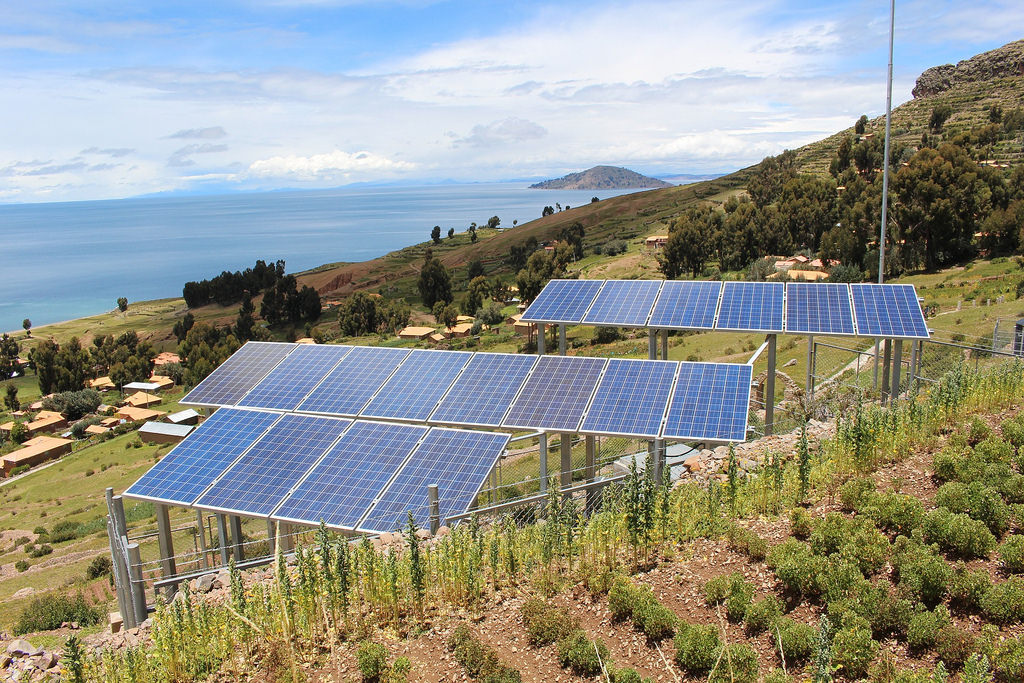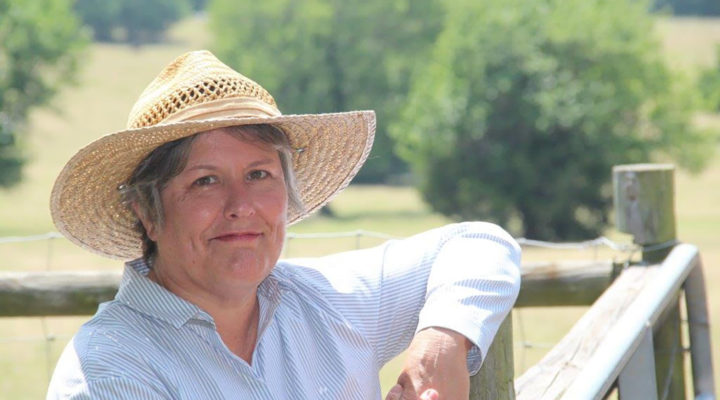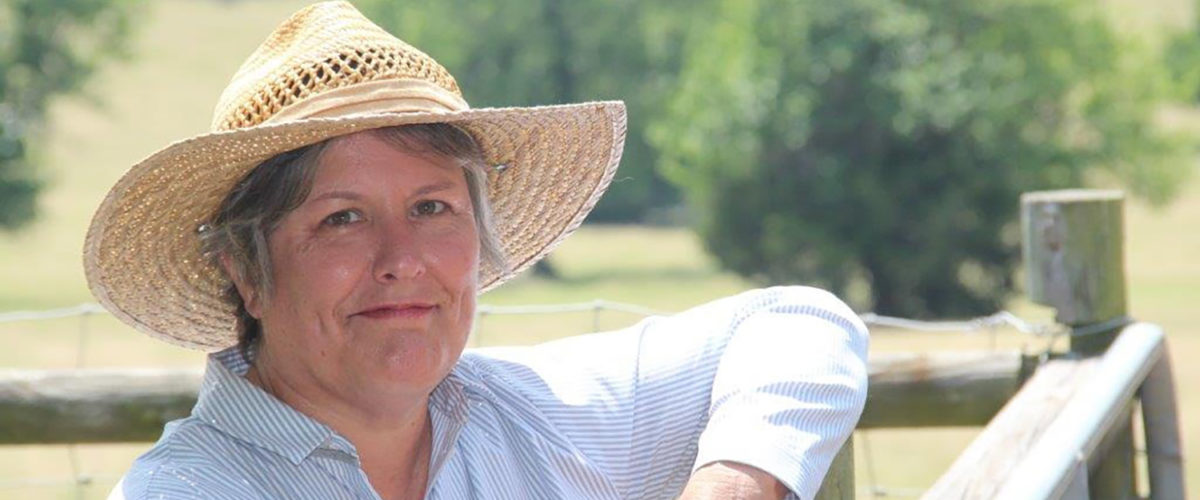Few Americans supported President Trump’s June 1 decision to withdraw the U.S. from the Paris climate accords.
That’s according to an Associated Press-NORC Center for Public Research poll, which found that 46 percent of Americans opposed Trump’s decision, compared to 29 percent who supported it. Another 23 percent said they neither supported nor opposed Trump on the matter, the poll found.
Christians whose callings include ecological issues say Trump’s move is obviously a blow to the planet. But they are quick to add that there’s a lot to celebrate.
“The moral outrage that resulted from that decision gives me hope,” said Sarah Marcias, a Texas-based eco-theologian and Alliance of Baptists representative on the board of Creation Justice Ministries.
Faith-based concern for creation is nothing new, but in recent years there has been an uptick in the number of individuals and congregations drawn to protecting the environment, she said.
But Trump seems to be giving it a shot in the arm, motivating clergy and lay people to discover ways they can get involved.
“Now it it’s time for us to really be church and really come together in ways that we can lead in loving the world as God so loves the world,” she said.
Caring for Earth is caring for people
One of the first steps they can take is to find ways in which their Christian faith already connects with ecological concerns, said Genny Rowley, a hospital chaplain in Utah and an Alliance member of the Creation Justice Ministries board and participant in Interfaith Power and Light, a faith-based response to global climate change.

Using energy efficient light bulbs or installing solar panels can be important, symbolic ways that Christians can show support for the environment, experts say. (Photo/ZakZak/Creative Commons)
The relationship between the gospel and environment is straightforward, she said.
“How well can we care for people if don’t take care of the world?” she said. Caring for families should include ensuring they have safe water to drink.
Faith also provides believers with the hope and motivation needed to minister in a field that can often be discouraging.
And don’t work alone, she said. Congregations and individuals called to work in this ministry should seek out those who are already involved.
It’s also a good idea to pursue close-to-home practices such as using energy efficient light bulbs and considering solar panels.
“Those are good symbols and practices that illustrate our commitment,” Rowley said.
Falling in love with Earth
Bringing faith to bear on the challenges to creation is also about personal choices, Marcias said.
“Now it it’s time for us to really be church and really come together in ways that we can lead in loving the world as God so loves the world.”
“It’s thinking about the impact of our choices about the food we eat and the water we drink, and knowing where they come from,” she said.
Few institutions are better situated to inspire such questions and actions than churches are, she said.
They can start by learning about the watershed that provides water — and life — to their geographic area. If local creeks area polluted, cleaning them up can be their first project.
Baptists, especially, should have a connection with water through baptism, Marcias said.
“We have the language and ancient practices that would be so helpful in bringing people into a more meaningful relationship with the elements that do indeed give life,” she said.
It’s disappointing the president took the action he did, she added, but it can also motivate many others to act locally and regionally.
“None of us can save the world but each of us is called to save, take care of and fall in love with the little patch of Earth we are on,” Marcias said.


